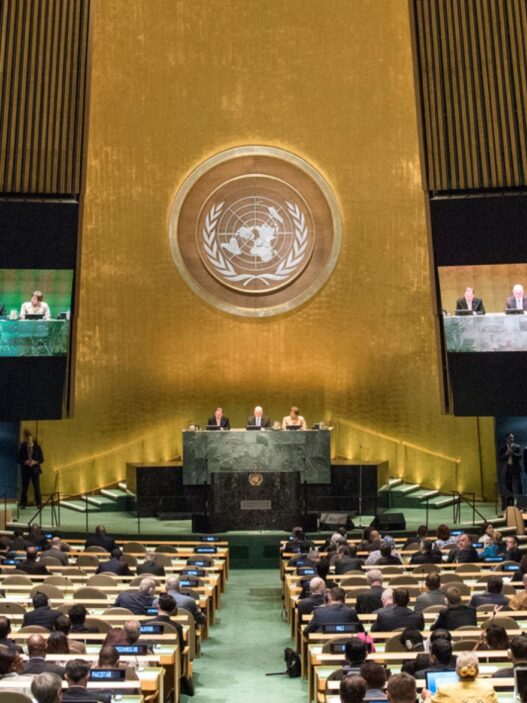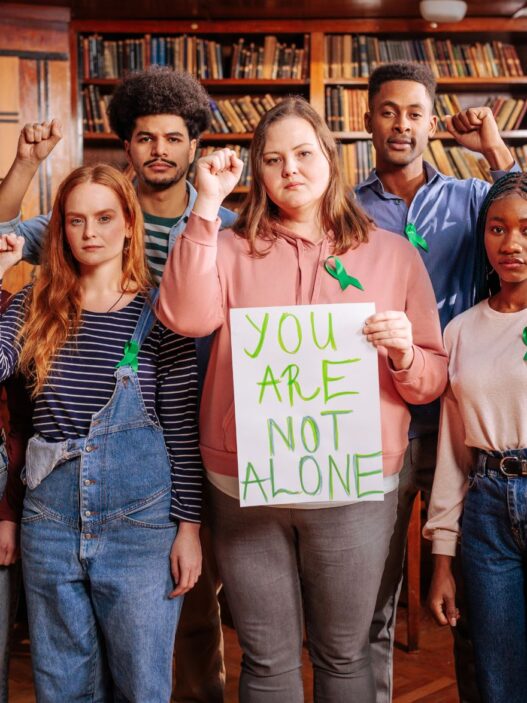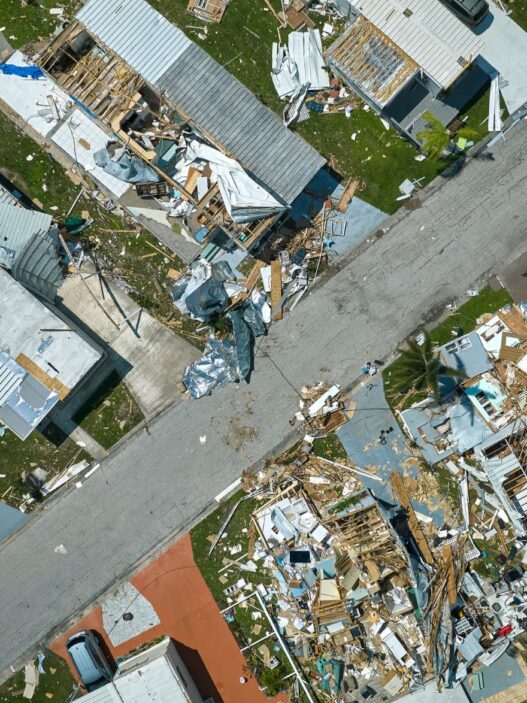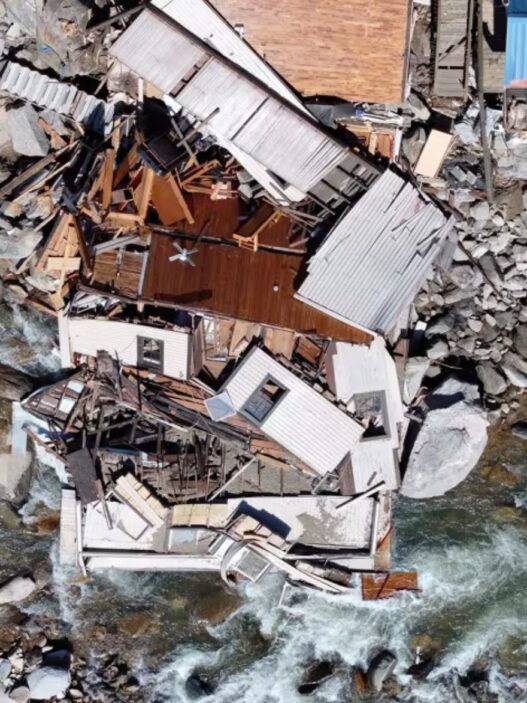Hurricane Milton was a devastating storm that left a huge impact on both communities and healthcare systems.
The hurricane caused widespread damage, leading to loss of lives, injuries, and severe disruptions in daily life.
Thousands of people were displaced, and many lost their homes, highlighting the real human cost of natural disasters.
Human Cost of Hurricane Milton
The human toll of Hurricane Milton was heartbreaking. Many people lost loved ones, and others were left with injuries that needed urgent medical care.
Entire communities were affected, with families having to find shelter in temporary facilities after their homes were destroyed.
The emotional stress of losing homes, family members, and the uncertainty of what comes next has taken a serious toll on mental health.
Children, the elderly, and those with pre-existing health issues were especially vulnerable.
The emotional trauma from witnessing destruction and losing their sense of security has created a need for widespread mental health support.

Healthcare Costs and Challenges
The healthcare system also faced enormous pressure. Hospitals were flooded with patients needing emergency care, and many healthcare facilities were damaged or had to work with limited resources.
Medical supplies, staff, and even power were in short supply, making it difficult for hospitals to keep up with the growing needs of patients.
The healthcare costs of responding to Hurricane Milton are estimated to be in the billions.
Treating injuries, dealing with waterborne diseases, and providing ongoing care for those with chronic health conditions became a major challenge.
In addition, many healthcare workers were overworked and experienced burnout, further straining the system.
Mental health services were also needed, as many people experienced anxiety, depression, and PTSD after the disaster.
The stress of losing homes, belongings, and even loved ones created a need for increased mental health resources, which further added to the healthcare burden.

Looking Forward: What Needs to Be Done
The aftermath of Hurricane Milton shows us that there’s a lot of work to be done to make communities safer and healthcare systems stronger.
Investments in emergency preparedness, better infrastructure, and mental health resources are essential to help recover and be ready for future events.
More shelters, better evacuation plans, and stronger buildings can help reduce the human and healthcare costs of future hurricanes.
Hurricane Milton left a path of destruction that affected not only homes and communities but also healthcare systems.
The storm highlighted the real human cost of natural disasters and the need for better support and preparedness.
By learning from this event, communities can work to build resilience and ensure that healthcare systems are ready to handle the challenges that come with natural disasters.























